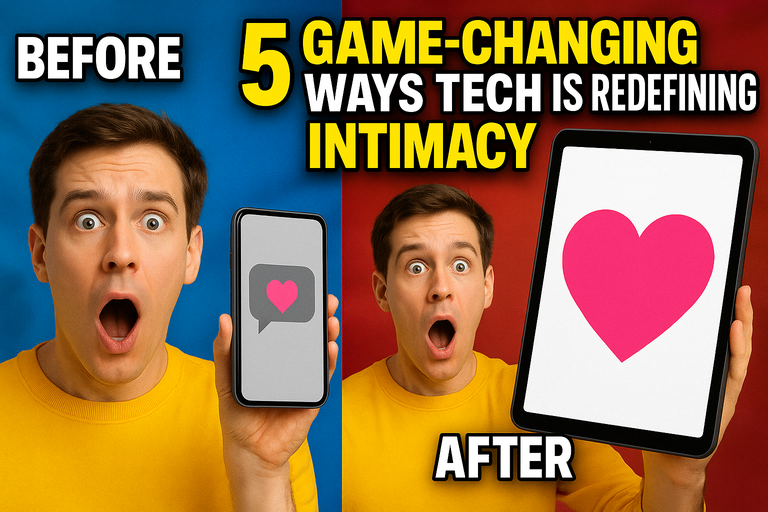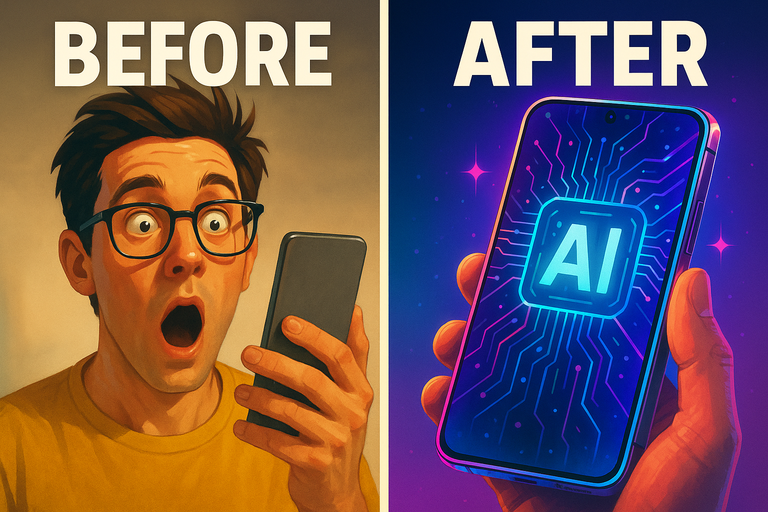
Remember when connection meant a simple touch or glance? Fast forward to today, and our experience of intimacy is being joyfully, shockingly, and beautifully transformed by technology in ways that would have seemed impossible just a decade ago.
Here’s a story you may not expect: at Milan Fashion Week, designer Saul Nash presented his SS26 “EMBRACE” collection—a show that was less about fabric and more about the ways we physically and emotionally connect. Nash’s pieces daringly blended sportswear and military tailoring with kinetic cuts and fluid fabrics, asking, what does intimacy look like in 2025 and beyond? (See the full collection here).
But what does a high-fashion runway have to do with a tech-driven future for pleasure? Absolutely everything.
The Bridge Between Fabric and Firmware: Why Fashion’s Intimate Energy Fuels Tech Innovation
If you watched Nash’s runway—if you saw the sensitive color palettes, the explorations of gesture and touch—you probably felt a pulse of possibility. Designers like Nash aren’t just forecasting looks, they’re echoing the zeitgeist: society’s burning desire for more meaningful, connected experiences in a fragmented, screen-saturated world.
And right now, the boldest ideas in sextech are picking up that thread, stitching together our digital and physical selves. Here’s how:
1. Sensory Realism: Beyond the Screen, Into the Skin
It’s not enough to text, swipe, or scroll. 2025’s intimacy tech is about making interactions feel real. The Orifice AI device, for example, is a striking embodiment—using computer vision, speech recognition, and self-heating silicone skins to create a kind of digital touch that’s as alive as any runway fabric. Imagine a gaming controller, but for pleasure—a direct, heated line from you to your AI companion. The device even interprets depth, responding in the moment. That’s a whole new dimension to “connection.”
2. Generative Experiences: No Two Moments Alike
Nash’s show celebrated movement—how we express passion in unique ways. Similarly, advanced sextech (like Orifice AI’s generative moaning and responsive conversation) makes every interaction fresh. We’re not talking pre-scripted responses. We’re talking AI that learns, adapts, and feels different every single time.
3. Reimagining Emotional Safety and Consent
Fashion can make us feel safe in our own skin. In tech, safety and privacy are the new luxury. Integrated microphones and computer vision mean devices can understand context, recognizing boundaries and cues with more sensitivity than ever. The future isn’t just about pleasure, but trust—giving us the freedom to explore without fear or judgment.
4. Blurring Lines: When Companionship Goes Digital
Who says connection has to come from a human? As culture shifts and loneliness makes headlines, digital companionship steps into the spotlight. AI-powered devices now hold conversations, whisper sweet nothings, or even debate philosophy—no awkward silences, no small talk you don’t want. For many, it’s not about replacing partners, but expanding the idea of what connection can be.
5. Personalization Is the New Power
Just as Nash’s kinetic cuts fit the body in ways that invite confidence and expression, smart pleasure devices now tailor themselves to your unique rhythms and desires. Machine learning meets self-care, crafting experiences as singular as your fingerprint. The result? Empowerment, not embarrassment. Control, not compromise.
Are we headed for a future where technology finally enhances—rather than replaces—our most human, vulnerable moments? All signs point to yes.
Designers like Saul Nash are lighting up runways with visions of intimacy, while tech visionaries are merging silicone with software to turn those visions into reality. Companies like Orifice AI Incorporated, for example, are at the forefront, quietly weaving together the art of connection and the science of sensation.
So what does this mean for you? It means the next era isn’t about choosing between human and digital, but embracing new ways to connect, explore, and feel. It means pleasure tech is no longer taboo or niche—it’s an exciting, empowering part of our self-expression.
The real question: Are you ready to step into this brave, beautiful new world, or will you watch from the sidelines while others redefine pleasure, one innovative device at a time?
Drop your thoughts, dreams, or burning questions in the comments—because the conversation about our digital sensuality is just beginning. And trust us, you won’t want to miss what happens next.


